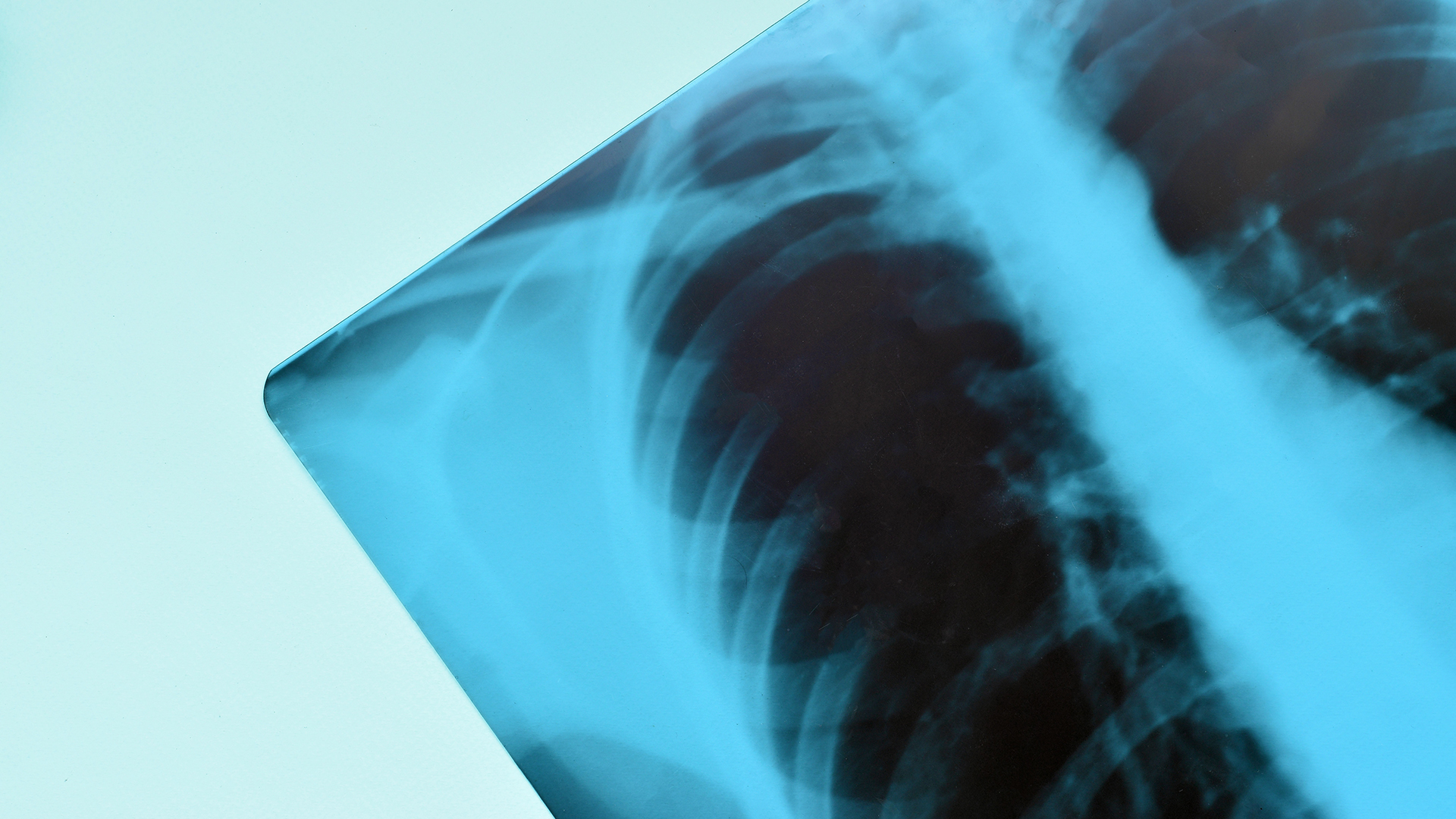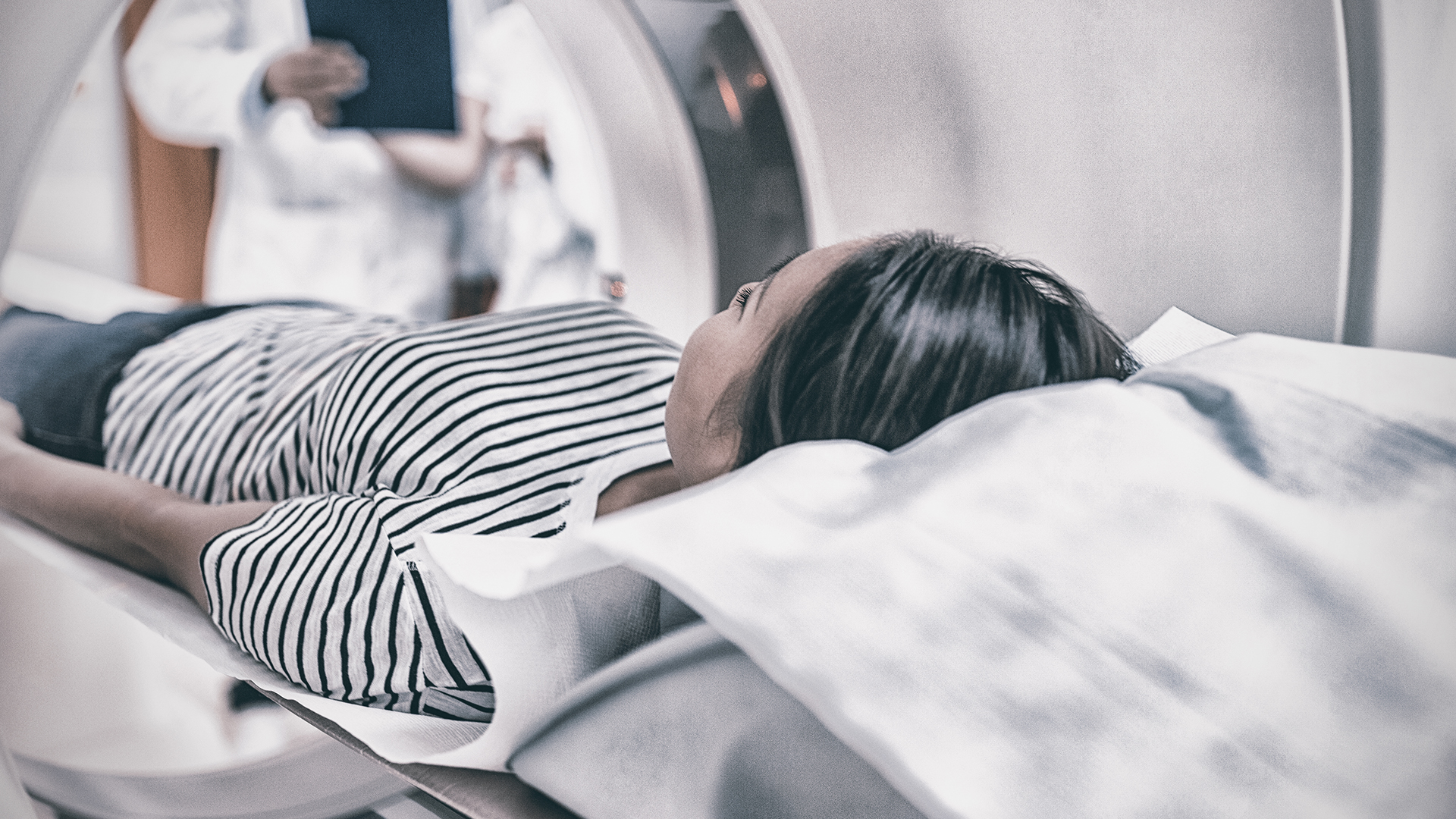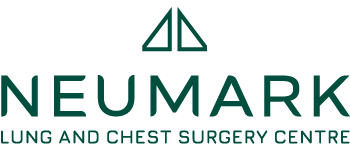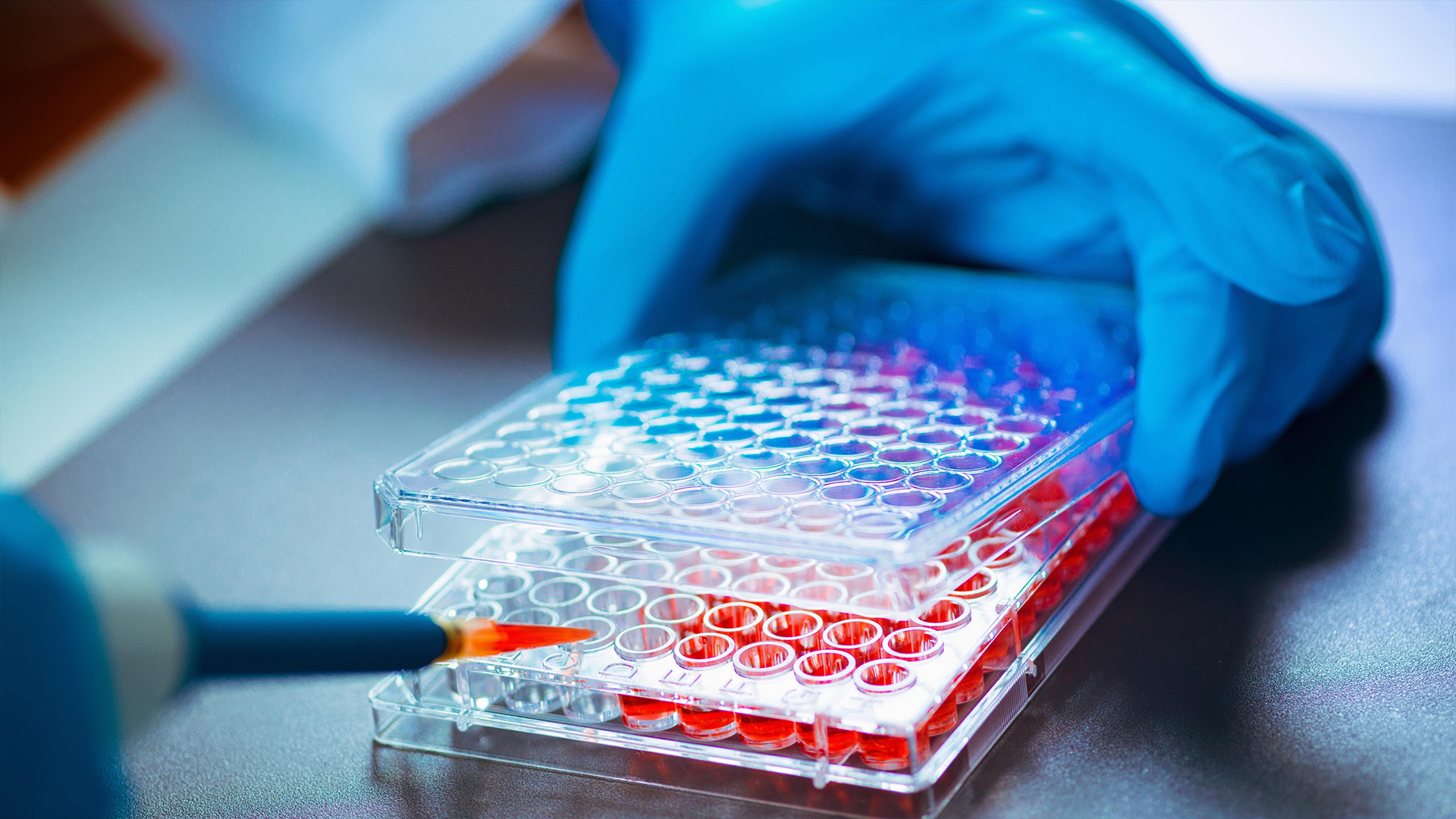Does Long COVID Increase the Risk of Lung Cancer?
You’ve beaten COVID-19, but instead of bouncing back to your old self, you’re faced with an assortment of nagging symptoms, from a relentless cough to feeling like you’ve just run a marathon after climbing a flight of stairs.
Long COVID is like the uninvited guest who overstays their welcome.
There’s a growing awareness and a fair bit of worry over the rising concerns regarding Long COVID’s potential long-term impact on lung health. There’s an increasing concern about the possible prolonged effects on lung health, and whether Long COVID could increase the risk of lung cancer, especially among people who have never smoked.
That’s the million-dollar question.
Hidden Battle Scars of Infections and Coughs
Imagine falling and scraping your knee. A scab forms as part of the healing process, leaving behind a scar as a lifelong reminder of the incident. This is similar to what happens inside our bodies, including the lungs, when they experience trauma from, for instance, excessive coughing.
When an infection hits the lungs, it can cause damage, leading to scarring. But the body is resilient and jumps into action, forming blood clots to heal itself. This natural defence is essential, but there’s a catch: if someone can’t stop coughing, they’re constantly putting pressure on their lungs, which isn’t good and needs a closer look.

Scar tissue, easily visible as whitish discolourations, is the body’s way of healing. These little ‘footprints’ are signs of potentially more significant conditions.
Is Long COVID a Precursor to Cancer
With the emergence of COVID-19, there’s increased interest in understanding the long-term impacts of severe viral lung infections on lung tissue health. Since it was a relatively new infection in 2020, we lack comprehensive data on the Long COVID effects, making it challenging to attribute it directly to increased cancer rates.
We know that viral infections can lead to chronic inflammation, a known risk factor for cancer. While direct connections between viral infections and lung cancer aren’t as well-established, certain viruses, such as human papillomavirus (HPV) and Epstein-Barr Virus (EBV), have shown presence in lung cancer tissues.
Considering the implications of chronic inflammation resulting from these infections is crucial, as it can lead to DNA damage and cellular changes.
COVID-19, particularly Long COVID, characterised by prolonged symptoms and impacts, has raised concerns due to the extensive lung damage and fibrosis observed in severe cases. The medical community monitors these patients for potential long-term health effects, including cancer risk.
While drawing direct lines between Long COVID and cancer is speculative, it underscores the intricate interplay between viral infections, chronic inflammation and genetic predispositions. The inflammatory response triggered by severe viral infections, including COVID-19, warrants further investigation, especially among individuals with genetic predispositions, making them susceptible to cancer.
Education, Early Detection and Support
When two health concerns as significant as Long COVID and lung cancer possibly intertwine, staying informed isn’t just recommended; it’s essential. Every piece of information, each discovery, is like a golden ticket, granting lung doctors access to better health outcomes and a future where these conditions are managed and understood, not feared.
With the lingering effects of COVID-19 and how that might be linked to lung cancer, knowing what to look out for and taking quick action can be our greatest allies.
Patients must be further educated, aware of their feelings and spot any changes or symptoms. On the other side, doctors are there with the latest information and tools to determine what those signs mean and what to do next.
It’s a team effort. But there’s more to the story.
We have got to talk about stopping lung cancer before it even starts. Patients must monitor their lifestyle – avoid smoking, eat a diet loaded with fruits and veggies and stay active, as we have all heard before. It’s all about building a fortress of health and wellness to keep our metabolic health in good standing to ward possible infections.

Special scans, like low-dose CT scans, are the superhero tools when spotting lung cancer early. They can spot the tiniest lung changes before symptoms start showing up and at the first sign of trouble.
If lung cancer does show up, treatment is not a one-size-fits-all deal. It’s a tailored suite of novel treatments like immunotherapy and targeted therapy, not to mention advanced surgical procedures like robotic-assisted thoracic surgery or video-assisted surgery that are all about precision and increased efficacy.
So, in a world where Long COVID and lung cancer might cross paths, every bit of information, every symptom noticed, and every step taken wins the cancer battle. We can change the story from fear to power and action, where every person has a role to play in the pursuit of beating lung cancer before it spreads.
| Read related article … Lung Screening for Smokers: Benefits of Early Detection |
If you’re concerned, get screened at Neumark Lung and Chest Surgery Centre. Benefit from our leading thoracic surgeon’s expertise, cutting-edge technologies and the latest lung cancer research. Our consultations and screenings can significantly improve the chances of early cancer detection and treatment.

